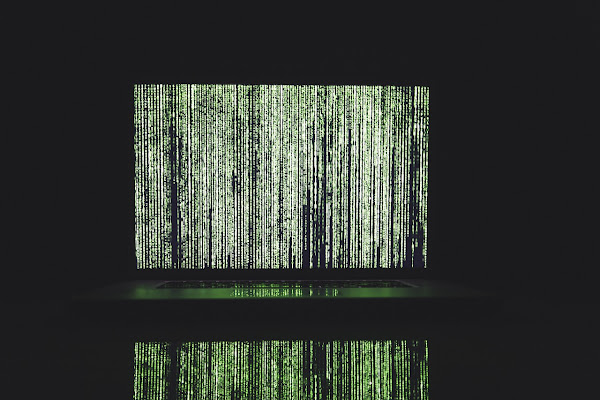We are all music fans at heart, and recently the most eye-catching tour is the three-hour Taylor Swift concert. The platform that sells tickets for these in-demand tours, Ticketmaster, has taken a hit. In a substantial blow to one of the world’s largest ticketing services, Ticketmaster has reportedly suffered a massive data breach impacting over half a billion customers. According to Mashable, the hacker group known as ShinyHunters claims responsibility for stealing customer data from nearly 560 million users. Although Ticketmaster has yet to confirm the breach, ShinyHunters has a history of high-profile hacks and is now selling the stolen data on a popular hacking forum for $500,000.
Details of the Stolen Data
ShinyHunters alleges they have obtained a substantial 1.3 terabytes of data, including sensitive information such as full names, addresses, and phone numbers. Additionally, the breach encompasses detailed order histories, which reveal ticket purchase details and event information. Alarmingly, partial payment information, including names, the last four digits, and expiration dates of credit cards, is also among the compromised data.
While waiting for Ticketmaster's official response, it is crucial for affected customers to take proactive steps to protect themselves. The stolen data could be used for targeted phishing attacks, making it essential to remain vigilant when checking emails, messages, or mail. Cybercriminals may impersonate reputable companies to trick individuals into revealing passwords or financial information.
To mitigate risks, users should avoid clicking on links or downloading attachments from unknown senders and always verify the legitimacy of the sender’s email address. Implementing robust cybersecurity measures, such as using the best antivirus software for PCs, Macs, and Android devices, can provide additional protection against potential malware infections.
Steps to Take Following a Data Breach
In the wake of a data breach, companies typically offer guidance and access to identity theft protection services. However, Ticketmaster has not yet confirmed the breach or announced any support for affected customers. Until more information is available, individuals should monitor their accounts for suspicious activity and consider changing passwords for any online accounts associated with the compromised email addresses.
Given ShinyHunters' notorious track record, including the 2021 leak of 70 million AT&T subscribers’ information, the claims warrant serious attention.
This incident surfaces the importance of cybersecurity and the potential vulnerabilities even large companies face. As the situation develops, staying informed and cautious will be key for those potentially affected by this breach. We will continue to provide updates as more information becomes available from Ticketmaster and other reliable sources.



























